

KENNESAW, Ga. | Feb 13, 2023
As Kennesaw State expands its reach as a research university, there is a greater emphasis on building qualified faculty and staff to drive that research into new areas.
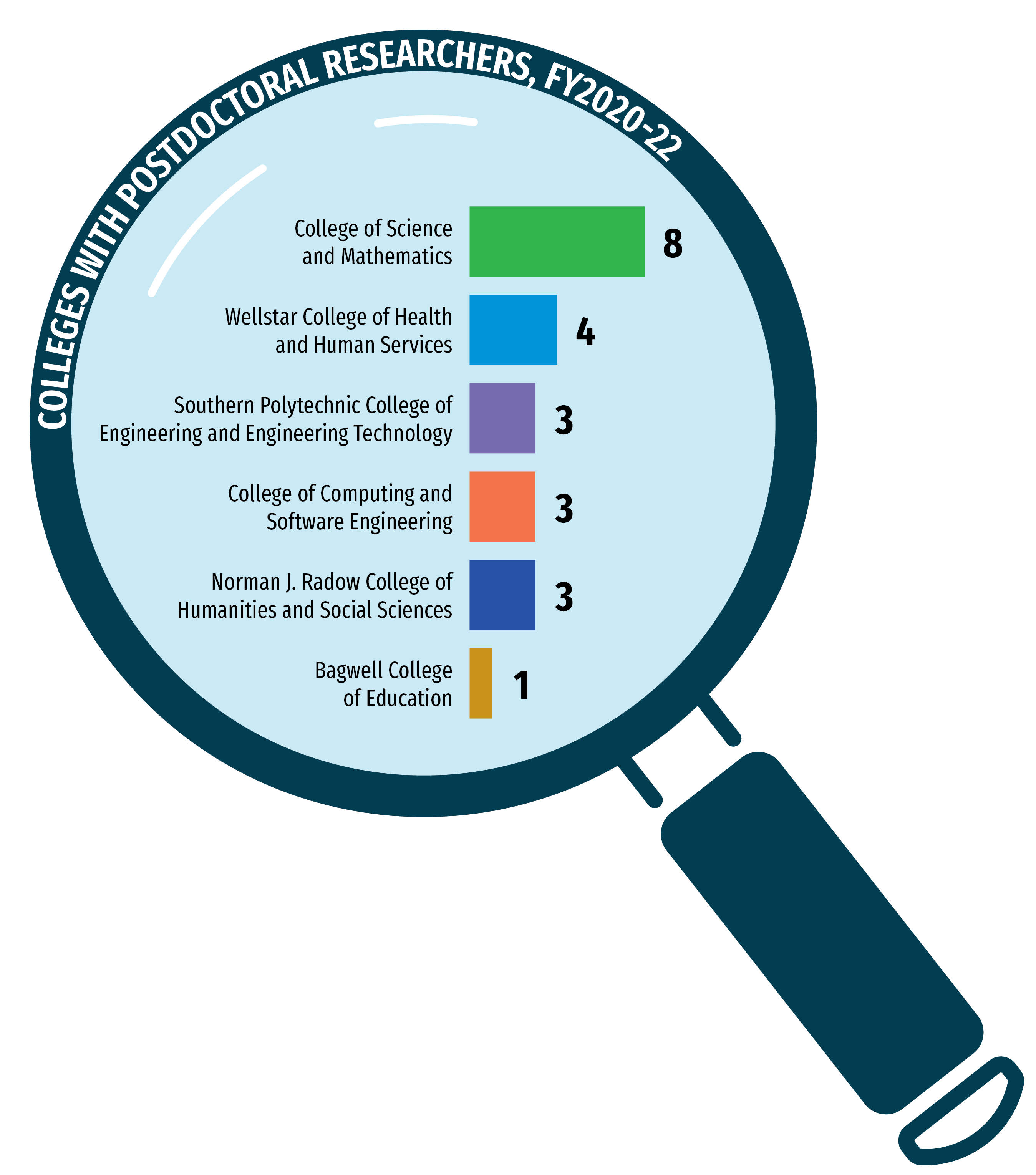
During the past three years, the addition of postdoctoral researchers—non-faculty staff who work to advance the University’s scientific investigation in a wide range of disciplines—has been a particularly crucial piece of building KSU’s foundation for research.
“The increase in the number of postdoctoral researchers that choose to conduct their research at KSU is a testimony to the growing quality of our research enterprise,” said Phaedra Corso, vice president for research. “Our postdoctoral researchers are making significant contributions in their respective fields and play a key role in establishing KSU as a destination for quality research and scholarship.”
Between fiscal year 2020 and FY22, KSU had added 22 postdoctoral researchers to its staff of innovators, including 12 during this fiscal year alone. While most new postdoctoral researchers have been added to colleges focused on the STEM fields—science, technology, engineering and mathematics—the opportunities for new researchers have been extended across multiple disciplines throughout the University.
These researchers play a key role in KSU’s strategy as a research university. They conduct research projects, contribute to research papers and grant proposals, and are vital in facilitating research lab work for undergraduate and graduate students. Postdoctoral work is a common step for aspiring researchers to continue their training while also gaining the necessary research experience for thriving in their future academic or industry careers.
The addition of postdoctoral researchers comes at a time when KSU is raising its national status, which also provides new external funding opportunities for research.
In 2018, KSU received a boost to its status as a research university when the Carnegie Classification of Institutions of Higher Education designated KSU as an R2 university—an institution with high research activity, at least 20 research/scholarship doctoral degrees awarded and at least $5 million in total research expenditures.
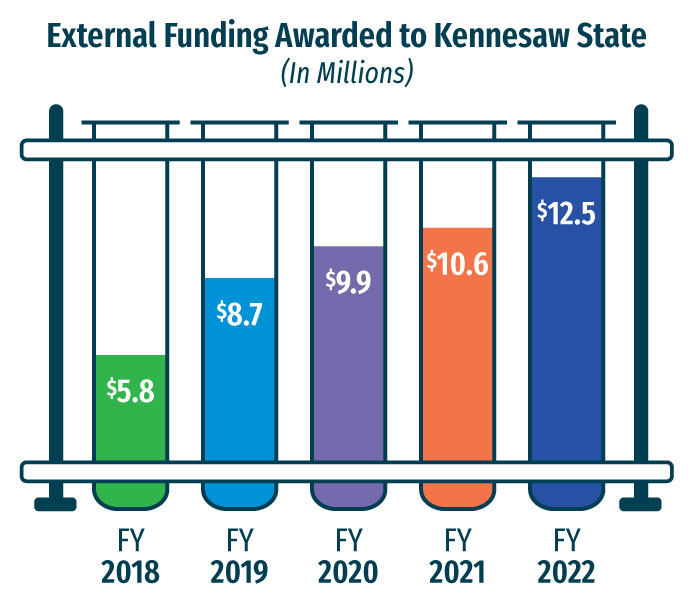
That R2 designation opened the door to new opportunities for KSU researchers, as faculty members stepped up pursuit of external funding sources for research, including grants from the National Science Foundation, National Institutes of Health, and many others.
The amount of external funding awarded to KSU has risen substantially in the past five years, from $5.8 million in fiscal year 2018 to $12.5 million in FY 2022.
As a way of continuing to advance KSU’s vision of becoming a top-tier R2 institution, the University created “The Roadmap to R2 Success,” a plan designed to enhance several areas of academic excellence. One of the basic pillars of this Roadmap is to promote interdisciplinary research with relevance, which includes building a strong and sustainable infrastructure to support research, as well as increasing research expenditures and activity by 20% per year.
Both goals will include targeting research areas of excellence in a partnership between the University and community stakeholders while expanding programming to encourage faculty and students to engage in research.
During the past two years, postdoctoral researchers have added to the expertise of several colleges at KSU with a wide variety of research interests.
For example, Tuba Angay-Crowder, a postdoctoral researcher in the Bagwell College of Education who received her doctorate at Georgia State University, has concentrated on the practices of multilingual people. Research projects include examining how teachers incorporate several languages in one elementary school’s language immersion program.
Kyle Gabriel, a postdoctoral researcher in the College of Science and Mathematics with a degree from Georgia State University, focuses on applied sciences. Working with Director of Intellectual Property Development Christopher Cornelison in the BioInnovation Lab, Gabriel has led research on several grants investigating bat white-nose syndrome, as well as the development of sustainable growth and cultivation methods for culinary mushroom production, among other projects.
Anna M. Rosenhauer, postdoctoral researcher in the Radow College of Humanities and Social Sciences who earned a doctorate from Georgia State University, studies the biology behind fear and anxiety and their implications for mental health. Working with associate professor of neuroscience Ebony Glover, she has investigated the interplay of stress responses, hormones, and post-traumatic stress disorder.
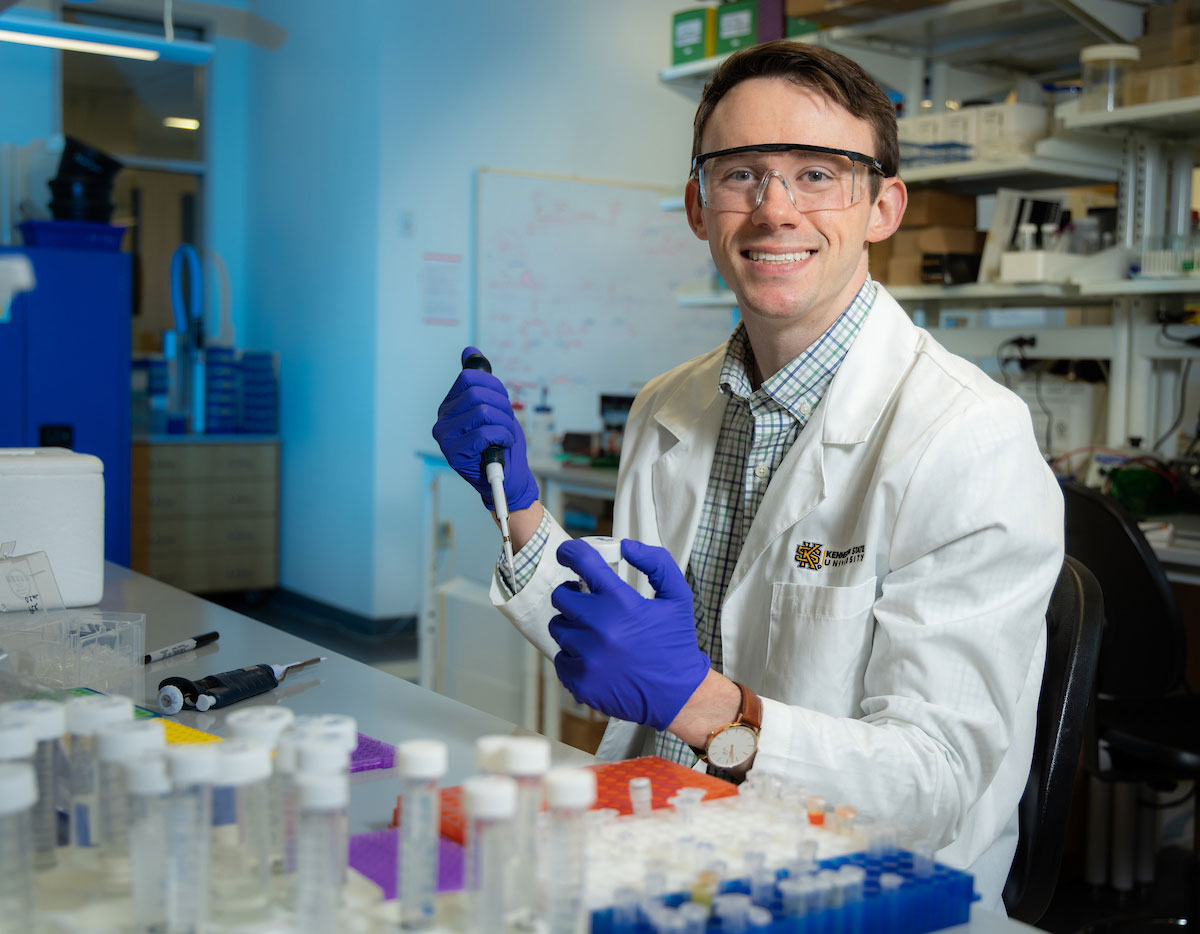
Among the postdoctoral researchers currently working at KSU is John Barrows, who works in the laboratory of professor of biochemistry Michael Van Dyke. After a short time working in the College of Science and Mathematics, Barrows became the first postdoctoral researcher at KSU to earn a National Science Foundation Postdoctoral Research Fellowship. The two-year, $138,000 grant will further Barrows’ study of DNA-binding proteins within bacteria while getting undergraduate students involved in the research.
“John is fantastic for our lab, and this fellowship is much deserved,” Van Dyke said. “With Kennesaw State’s recent emphasis on postdoctoral researchers, this marks a great point in his career and will hopefully encourage some of our other postdocs to pursue these opportunities.”
Barrows’ funded project will study the mechanism of how genes are turned on and off in response to different environmental stressors in bacteria. Understanding how microorganisms adapt to their environments will increase knowledge of biology and can have widespread implications in the medical, biotechnology and agricultural fields.
Barrows came to KSU in 2021 after earning a doctorate in biomedical sciences from the Medical University of South Carolina. Though he seeks a tenure-track position in the future, for now Barrows aims to shine a light on the role of postdoctoral researchers at KSU.
“Relevant research is underway in every corner of the University, and our postdoctoral researchers have a vital role to play across disciplines,” Corso added. “KSU remains focused upon supporting these critical scholars, growing their numbers, and advocating for their research.”
This article first appeared in the Winter 2022 issue of Kennesaw State University Magazine.
– Scott Wiltsee
Photos by Judith Pishnery , Graphics by Matt Cosby
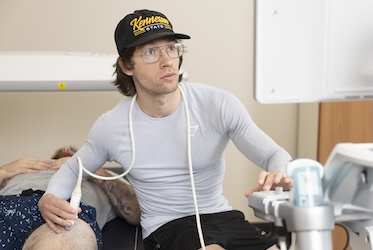
KSU student researchers to share findings at Georgia Capitol
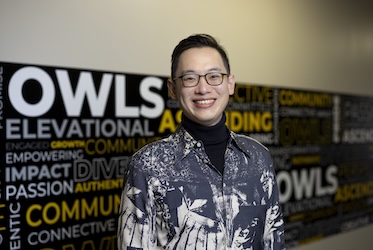
Finding love at first swipe: Kennesaw State research shows how to win at dating apps
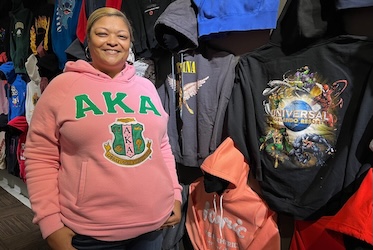
Kennesaw State associate professor co-curates hoodie exhibit at Museum of Design Atlanta
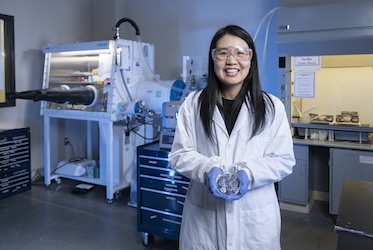
Kennesaw State researcher develops safer, faster solid-state battery design
A leader in innovative teaching and learning, Kennesaw State University offers undergraduate, graduate, and doctoral degrees to its more than 51,000 students. Kennesaw State is a member of the University System of Georgia with 11 academic colleges. The university's vibrant campus culture, diverse population, strong global ties, and entrepreneurial spirit draw students from throughout the country and the world. Kennesaw State is a Carnegie-designated doctoral research institution (R2), placing it among an elite group of only 8 percent of U.S. colleges and universities with an R1 or R2 status. For more information, visit kennesaw.edu.